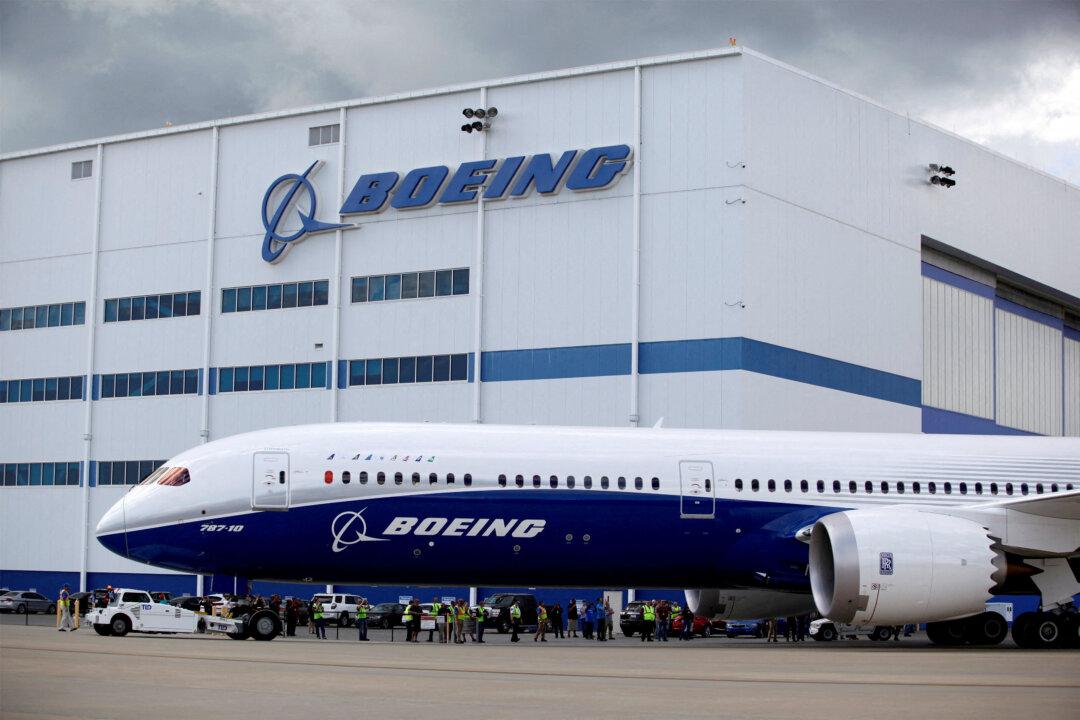The office of the inspector general of the U.S. Transportation Department will audit the Federal Aviation Administration’s (FAA’s) oversight of Boeing 737 and 787 production, it said on Wednesday.
The watchdog said it would review the FAA’s processes for “identifying and resolving” production issues and “addressing allegations of undue pressure within the production environment.”





